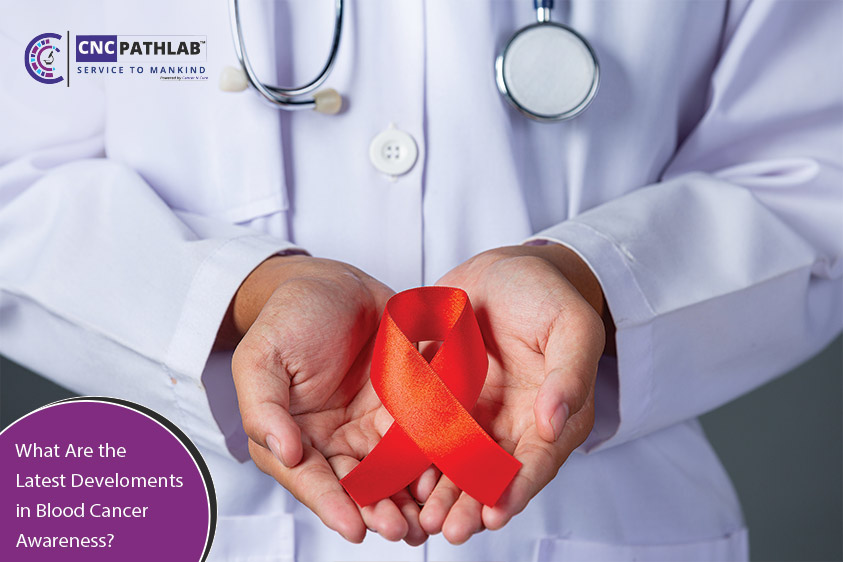Tests and Procedures Used to Diagnose Cancer
Cancer is a devastating disease that affects millions of people every year. Early detection and treatment are crucial for improving outcomes and increasing the chances of survival. Cancer tests are diagnostic tools used to detect the presence of cancer cells or tumors in the body. There are several types of cancer tests available, each with its own unique benefits and drawbacks.
One of the most common lung cancer test is a biopsy. A biopsy involves taking a small tissue sample from a suspected cancerous area and examining it under a microscope to look for the presence of cancer cells. Biopsies can be performed using a needle or through surgery, depending on the location and size of the tumor.
Imaging tests, such as X-rays, CT scans, MRIs, and ultrasounds, are also used to detect cancer. These tests create detailed images of the inside of the body, allowing healthcare providers to identify abnormal growths or tumors.
Blood tests can also be used to detect cancer. These tests look for specific markers in the blood that may indicate the presence of cancer cells. For example, the prostate-specific antigen (PSA) test is used to screen for prostate cancer, while the CA-125 test is used to screen for ovarian cancer.
Another type of cancer test is a fecal occult blood test (FOBT), which is used to Breast cancer screening tests. This test looks for small traces of blood in the stool, which may indicate the presence of a colon tumor.
Genetic testing is another type of cancer test that can help determine a person's risk of developing certain types of cancer. This type of test looks for mutations in specific genes that are known to increase the risk of certain types of cancer. Genetic testing can be especially helpful for people with a family history of cancer, as they may be at a higher risk of developing the disease.
Cancer tests have several benefits. They can detect cancer early, when it is most treatable and can help healthcare providers develop a personalized treatment plan for each individual. Cancer tests can also help healthcare providers monitor the effectiveness of treatment and detect any signs of recurrence.
However, cancer tests also have some drawbacks. False positives and false negatives can occur, leading to unnecessary procedures or missed diagnoses. Some tests, such as biopsies, can be invasive and carry a risk of complications. Additionally, cancer tests can be expensive, and insurance may not cover the full cost.
It is important to talk to a healthcare provider about which gene amplification test may be appropriate for you. Depending on your age, family history, and other risk factors, different tests may be recommended. Healthcare providers can also help you understand the risks and benefits of each test and determine the best course of action for your individual needs.
In conclusion, cancer tests are crucial diagnostic tools for detecting cancer and improving outcomes. There are several types of cancer tests available, each with its own unique benefits and drawbacks. It is important to talk to a healthcare provider about which tests may be appropriate for you and to understand the risks and benefits of each test. Early detection and treatment can greatly improve the chances of survival for people with cancer, making cancer tests an important tool for maintaining good health.


.jpg)


.jpg)
